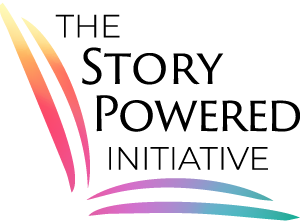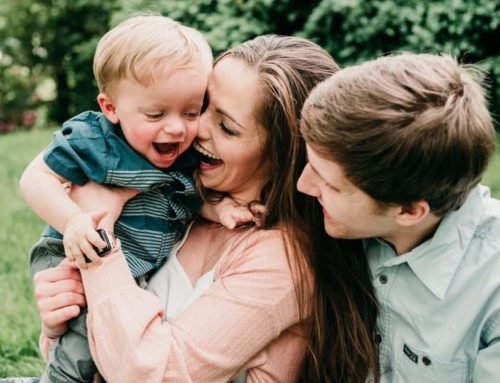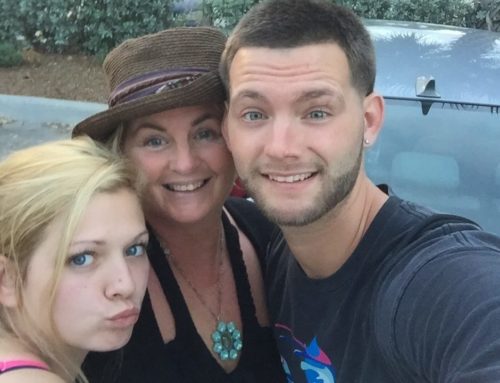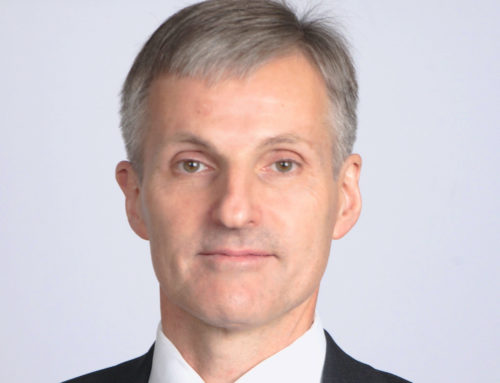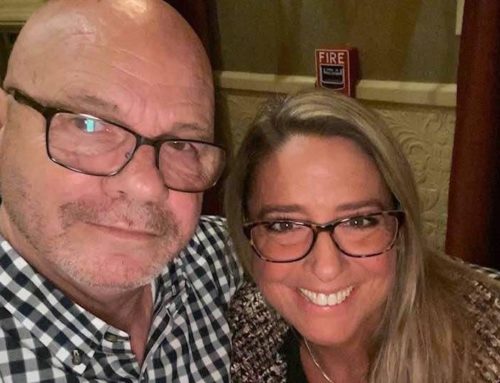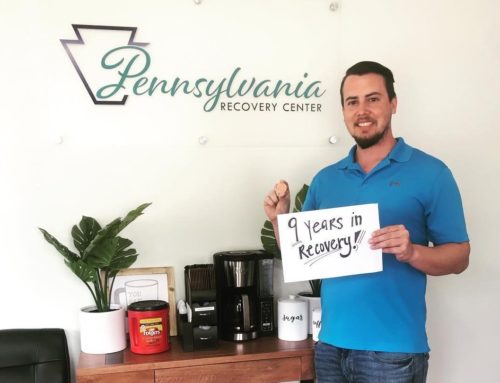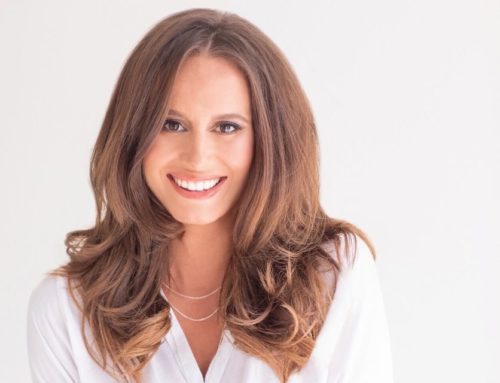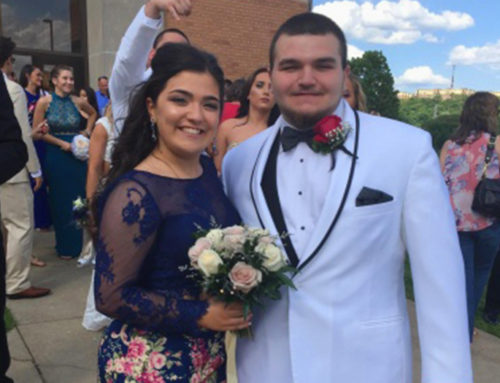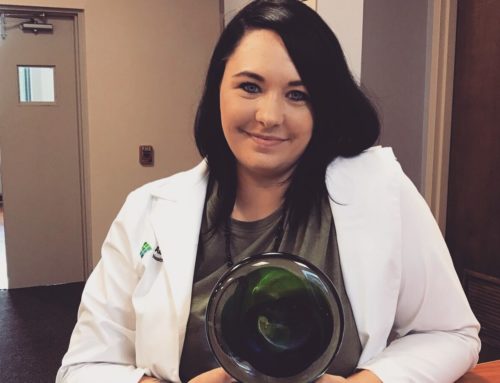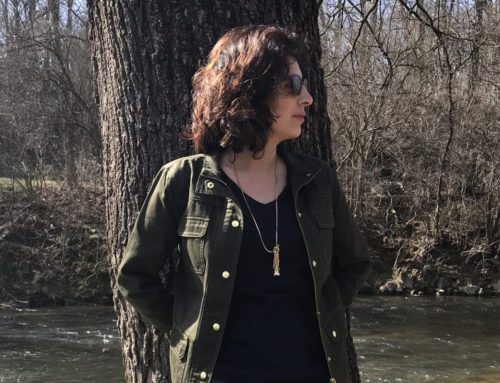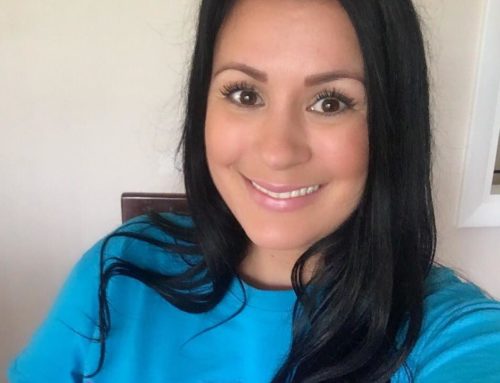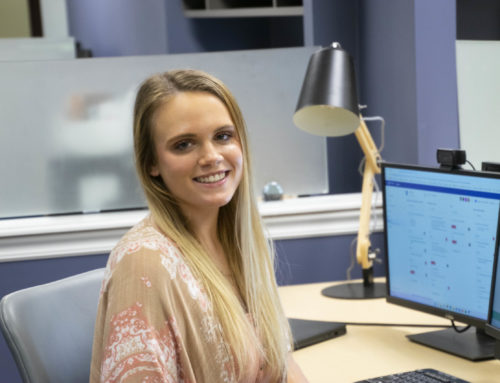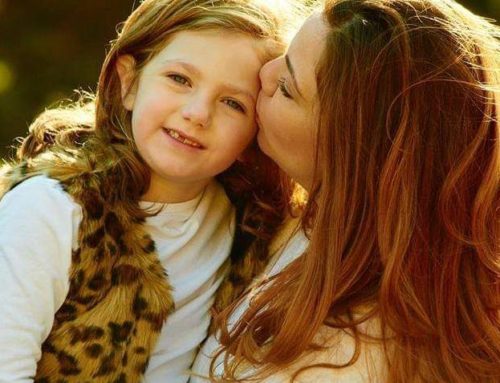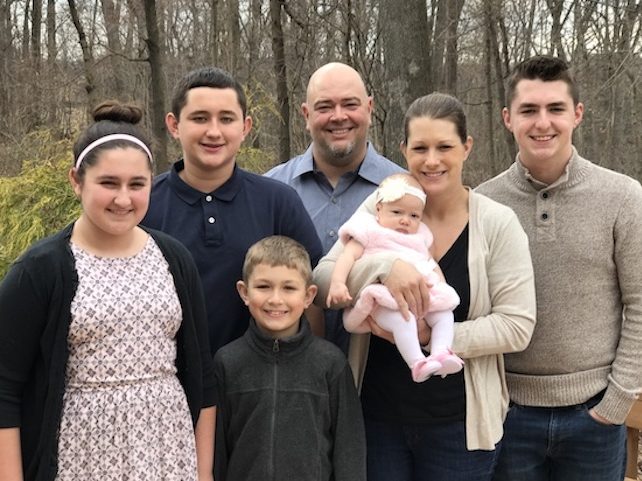
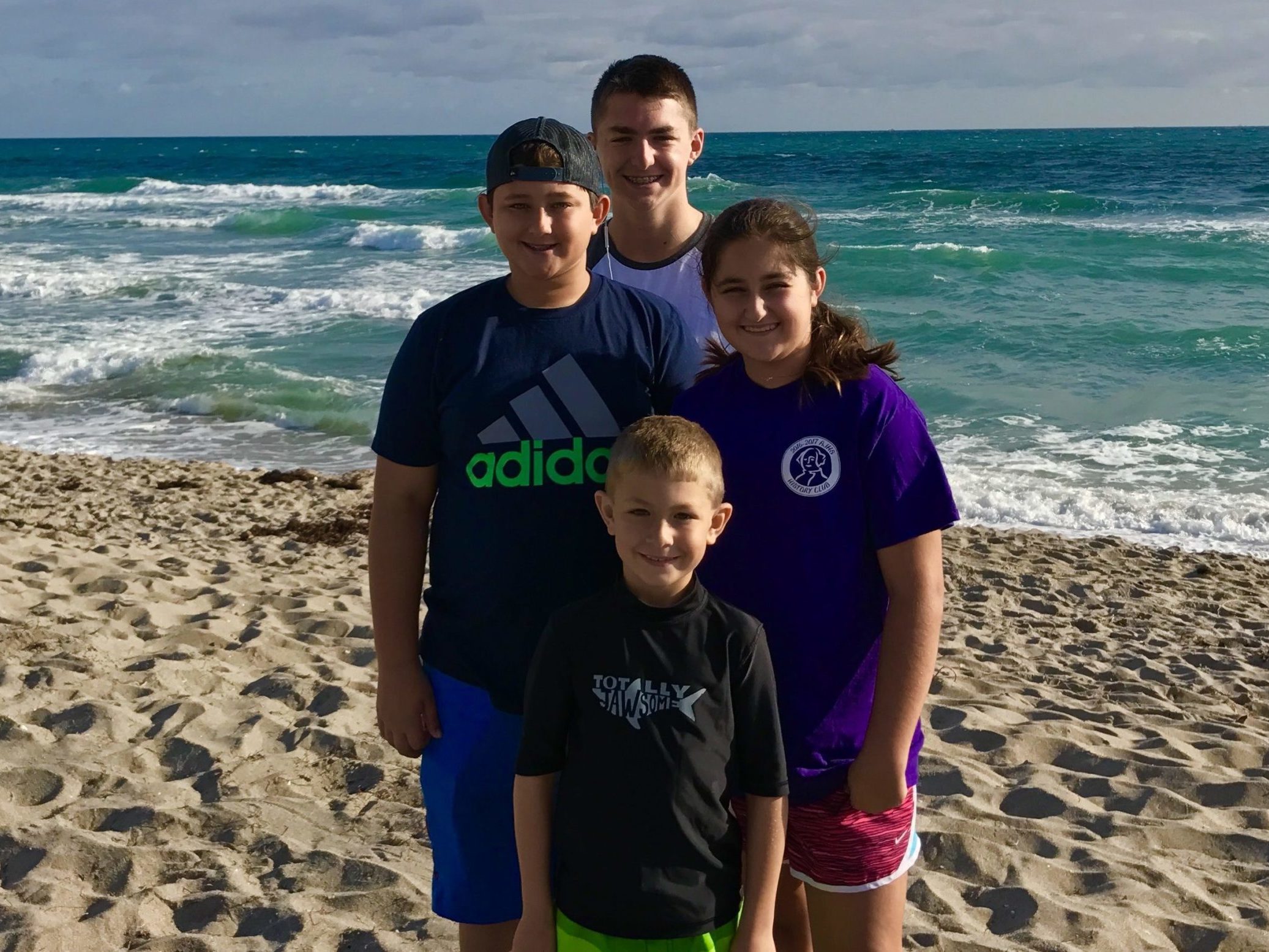
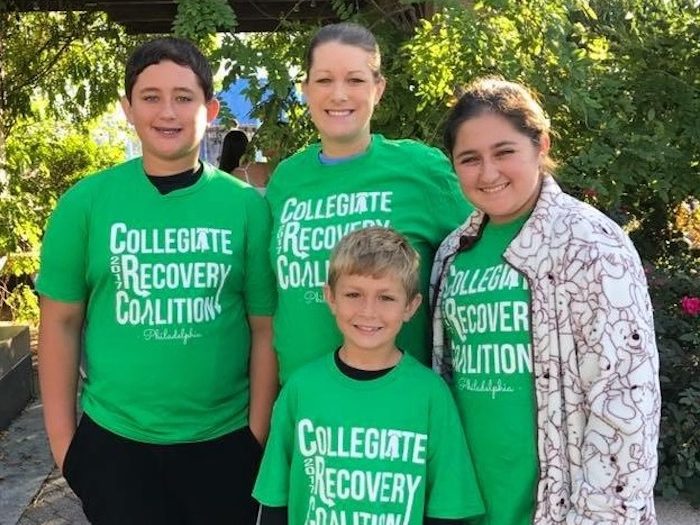
"If a child needs help, parents need to facilitate the help that they need and not try to sweep it under the rug."
I grew up in a stable family in Abington and am currently a married mother of five children. I work in the medical field as a nurse and am involved in several volunteer organizations. I had my first son Chris, when I was young and single. When Chris was two, I got married and had two more children. When I was pregnant with my third child my husband walked out on us. When my first husband left me, I found myself in a difficult position but hauled through it. I worked and went to nursing school. Though I was able to make it work, it wasn’t easy. Chris developed abandonment issues secondary to his father walking out on us. Being the oldest, Chris assumed an adult role despite me trying to discourage it. He always suffered from a lot of anxiety and developed depressive issues as he became a teenager. When he was nine he was prescribed Vicodin after a dental surgery, and I think that really flipped a switch in him. I know the family I was adopted from had a lot of issues involving substance use disorder. Unfortunately, I think Chris inherited a biological disposition that predisposed him to self-medicate.
I noticed Chris was becoming depressed and told my current husband, who believed more was going on. Chris was heavily involved in a lot of activities at school. He was an honors student, in the marching band, jazz band, symphonic and honor band. We noticed he began withdrawing from these things, and his grades began slipping. My husband searched Chris’s backpack and found marijuana. I thought he was going through a phase but sat him down and talked with him nonetheless to make sure it wasn’t something worse. I learned that he was using it to cope with some issues he was going through, so we set up him up with a psychiatrist who started him on antidepressants, as well as a psychologist for therapy, and he participated in intensive outpatient therapy after school. Later on, I began finding empty Benadryl packs in his pockets and knew something serious was going on. I later found an empty nutmeg bottle which made me even more concerned. Chris assured me that he wasn’t using these substances to get high though it was all very tricky to navigate because teenagers are already going through so much. It’s hard to differentiate what is a phase and what is a real problem. I would later find out that Chris started using Vicodin non-medically right after he turned 16. I noticed shortly after that he was using them because I found his old prescription bottle in a box in his room with other drug paraphernalia. He was skimming them from an old pain prescription that I had that wasn’t locked up, and then started buying them in the community from anyone selling them. He told me that he used anywhere from 8-30 Vicodin a day in combination with Ativan and Adderall.
My husband believed Chris had some deeper issues that we needed to confront. Around this time, we went on a cruise and Chris broke into the Adderall I was prescribed for chronic migraines. He could not function and his tremors were out of control. Upon disembarking from the cruise, I called his intensive outpatient therapist. She suggested inpatient rehab, so we drove home from Florida and held an intervention with my dad and my little sister. We told him that he couldn’t continue like this, and we wouldn’t be able to handle it if he died. He agreed to go to rehab, and we went together to drop him off. He was 16 at the time. When I called his teachers to inform them of the situation, none of them could believe this had happened to him.
It was really difficult leaving him at rehab because we had never spent time apart. It was really tough on Chris because he felt like he was going to miss out on many things teenagers do, like going to prom. The night we dropped him off at the rehab, we got a call from one of the rehab techs that Chris was having an anxiety attack and she didn’t know what to do. Chris was there for five days, and after having received no treatment whatsoever in that time, he left without telling anyone. I picked him up four miles away from the rehab and took him back over. The staff argued that he hadn’t left, that he was in the shower when in fact he was actually sitting in my car. We decided it would be much more therapeutic for Chris to be in another treatment program that could better suit his needs. We reached out to a private pay facility, but they stated they couldn’t take him because he had been clean for five days. The five days he was in the other facility where he received no treatment, he had abstained from drugs because he had no access in the locked facility. Fully willing to go to treatment, he wasn’t able to go because he hadn’t used any drugs, and he wanted treatment. Just because he was clean doesn’t mean the problem was solved though. Chris ended up taking 28 Benadryl and a bunch of Vicodin and was breaking down at that point. Chris entered into the program two days later at this facility where he spent a few months.
He moved on to a stepdown program in Florida that focuses on academic-based recovery where he found a supportive recovery community. During the first year he was there, my husband, children and I flew down once a month to see him and visit, as it was extremely important to get support from his family as well as maintain our relationships. Although he relapsed twice in this academic program, it was quickly recognized when he reached out for help. They jumped on it and increased his services so that he would be able to get back on track. He finished high school a year early in this program, and enrolled in a couple of college classes. Chris was discharged from that treatment program last December and is now living with a roommate from that same program. Most of the people he went through the program with are his is friends now and they support each other each day, whether it be hanging out, going to meetings, recovery functions, or going to college together. At this point, Chris has been clean for 16 months and is figuring out which direction to take in his life.
Chris currently lives in a wonderful recovery community, but has experienced judgment from others when he visits home here. Sometimes when I tell others that he is in recovery, they get apologetic and I have to remind them there is nothing to be sorry about. Addiction is something that can happen to anyone, it doesn’t discriminate. Pilots, lawyers, doctors and nurses, it shouldn’t be stigmatized and there shouldn’t be shame attached to it. I am not a “not my child” parent, and I often tell other parents how to recognize what can present when in a situation such as mine. If a child needs help, parents need to facilitate the help that they need and not try to sweep it under the rug. Social appearances shouldn’t be a factor when your child’s life is on the line. We must advocate for our children and families. Other parents have thanked me after I have been so open about my experiences, because it comforted to know that they aren’t the only family dealing with it. By being open, you can help others find the necessary resources they so desperately need.
The stigma attached to this can only be eliminated by bringing it out into the open so people know how prevalent it really is. I think that teachers, guidance counselors, psychologists and individuals that work with children need to be better educated on addiction so that they may recognize the warning signs early. Parents are afraid to speak up when they are having trouble and don’t know where to turn for fear of judgment; it shouldn’t be like that. There’s a lot of people living out on the streets of Kensington whose families have either given up on them, or are just mentally exhausted and cannot manage anymore. It can go on for years and can tear families down, even with access to the right resources. It is important to show these people on the street care and love until they are ready for help, and to not force treatment on them, but make treatment options and support available when they need it.
I think that it is important to give back and volunteer if you are in a position to do so. My daughter and I started a 5k fundraiser this past year to raise awareness and to decrease the stigma of addiction. The turnout was great, mostly from members in our community. I am involved with Angels in Motion which is a wonderful organization that provides resources for homeless and anyone suffering from substance use disorder. I volunteer with several other organizations as well because it is important to show that together we can create change. I want to model a good example for my children, and teach them that they need to be the change they wish to see in the world. No one else will do it for them.
I am very open with coworkers, my patients, family and friends about my experiences, and what I have learned. At times, it can be frustrating when people are not educated. This past year I attended a conference on Pain to better educate myself on new methods of pain control and complementary practice options out there. I met a physician attending the presentation who mentioned to me that he prescribes his patients whatever they want, regardless of needs or risks because he wants to get paid. I would like to see better education for physicians moving forward. I think the situation with uneducated professionals has gotten much better since the Prescription Drug Monitoring Program was implemented, however education still needs to be improved. I have been told several times over the last few years by physicians that they were never taught anything about addiction or withdrawal in med school. People feel uncomfortable talking about it, but I think the more important thing to ask is “Where does this discomfort come from”?
This is why I am sharing my story, because we need to face this epidemic and we can only begin to do that by talking about it. I’ve talked with numerous children over time that have a far too in-depth understanding of addiction, because they are faced with the reality of it every day in their families. As a society we need to do better. Stigma is a barrier that prevents people from reaching out and obtaining the necessary support they need. It is easy to think this is something that doesn’t impact us personally, but until we change that way of thinking, this epidemic will continue.
